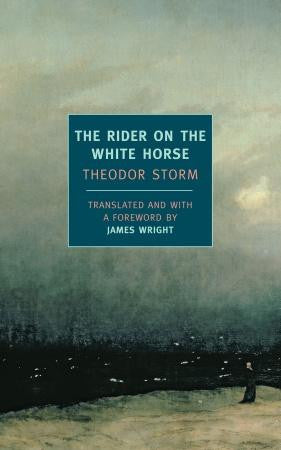Collection:
Theodor Storm
Theodor Storm (1817-1888) was born in Husum, a town on the North Sea in the region of Schleswig, a German-speaking area that was then under Danish rule but is now part of Germany. His mother came from a rich family, and his father, whose people had been farmers and milliners, was a lawyer. Husum was notorious for its violent weather, and a sea storm devastated the town when Storm was a boy, an experience that would leave a deep mark on his writing. On completing his studies, Storm settled down as a lawyer in Husum (which he famously called “the gray town by the sea”), though his opposition to Danish rule led to an extended period of exile during which he wrote his celebrated story “Immensee” and made his name as a poet (often writing in response to the romantic complications of his personal life) and as the author of short fiction. In the 1864 Treaty of Vienna, which brought an end to the Prusso-Danish wars, Schleswig was ceded to Prussia, and Storm returned home where he served as a judge until his retirement in 1881. Suffering from stomach cancer, he completed his masterpiece, “The Rider on the White Horse,” in 1884 and died four months later. Storm refused religious rites, and by his request his funeral was conducted in silence.





